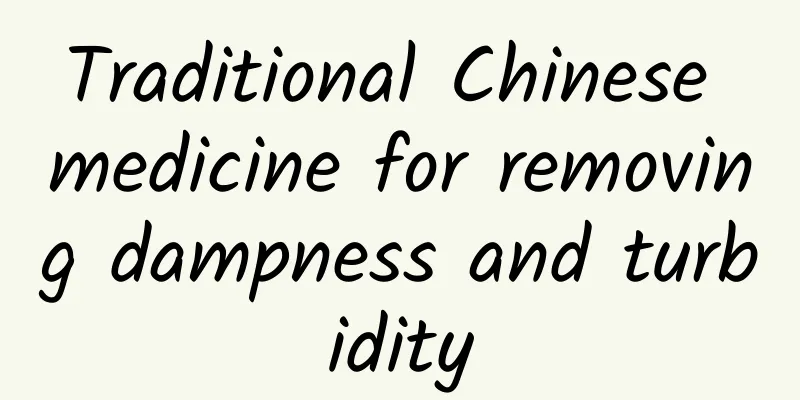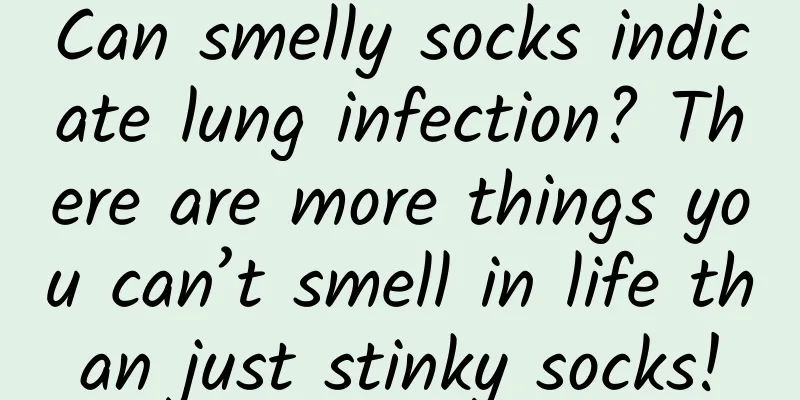Research shows: Those who don’t wear masks or get vaccinated may be narcissistic?
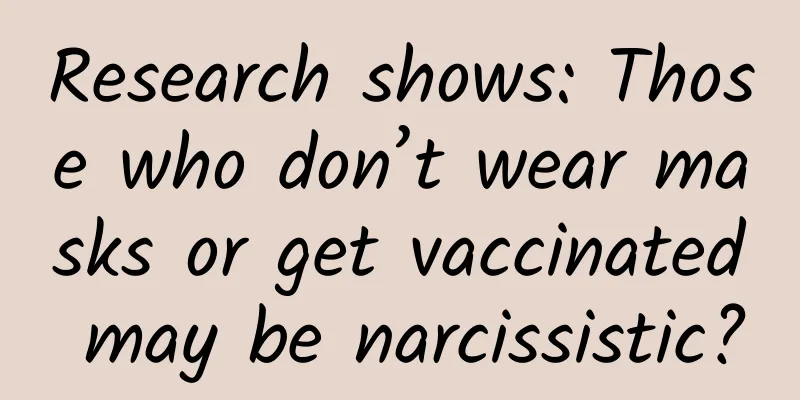
|
Throughout the COVID-19 pandemic, experts have encouraged quarantine measures, such as wearing masks and getting vaccinated, to help reduce the spread of the virus. Despite causing millions of deaths worldwide, to this day, many people still will not wear masks in public to stop the spread of the virus, nor are they willing to get vaccinated to reduce the possibility of harm to themselves and others. Understanding the reasons behind these behaviors is a social and public health imperative. Recently, researchers at Pennsylvania State University published a new study showing that a person's level of narcissism affects their willingness to participate in epidemic prevention policies. Researchers have found that grandiosity and narcissism can have an impact on people's willingness to wear masks or get vaccinated in public. Grandiose narcissistic personality traits are characterized by the pursuit of social status and the desire to be seen as important and admirable by others. At the same time, narcissism is associated with selfishness and egocentrism, and such people are very sensitive to external judgment. The related research was recently published in the journal Current Psychology. For the study, researchers collected information from a representative sample of 1,100 U.S. adults in March 2021. Participants were asked questions about mask-wearing and vaccine behaviors and attitudes, and they also filled out an assessment designed to measure the degree of narcissism in their personality. Finally, participants were also asked about their personal level of concern about COVID-19. After controlling for personal beliefs, risk perception, national policies and other important demographics, the researchers found that participants with higher levels of narcissism were less likely to wear a mask or get vaccinated, and if they did choose to wear a mask, they were more likely to tell others to do the same. Figure | The impact of narcissism on wearing masks and getting vaccinated during the COVID-19 pandemic (Source: Current Psychology) The researchers said the findings could be used to help change future messaging: "If you want to convince high narcissistic people to wear masks or participate in other measures to protect themselves from the virus, make the measures cool and unique to appeal to their personality need to stand out." Take the United States as an example. Since the COVID-19 pandemic, there has been great disagreement among all sectors on the epidemic prevention measures aimed at slowing its progress. For example, some conservatives do not think COVID-19 is a serious threat and are more likely to believe that the media exaggerates the dangers and impacts of the virus. (Source: Pixabay) For this behavioral phenomenon that is difficult to understand with scientific thinking, policy reasons alone cannot explain it, but personality may play a role. In a time when people are being encouraged to wear masks or get vaccinated to help themselves and others, the researchers said personality traits offer a possible explanation for those who don't want to follow the rules. "We've been studying narcissistic traits for some time, and it seems like it may be closely associated with these types of behaviors." Grandiose narcissism predicted less mask wearing and less likelihood of vaccination, a finding that aligns with decades of other research showing that people with higher levels of narcissism are more likely to take advantage of public goods and make others pay for their benefits. (Source: Pixabay) However, if those with higher narcissism were to wear a mask themselves, they were more likely to persuade others around them to do the same. This may seem paradoxical, but it makes sense once you unpack the nature of narcissism: the need for mask-wearing is a function of authority seeking and exhibitionism. In this case, the influence of narcissism depends on the individual and the situation. If a person wears a mask and tells others to wear a mask, it satisfies their authority seeking needs, which seem to eclipse other narcissistic influences. Of course, while extreme narcissism is a diagnosable personality disorder, lesser degrees of narcissism are a normal aspect of everyone's personality. “We all have some level of narcissism, it’s a natural part of all human personalities because we can’t function without it. We all have this part of narcissism, but it can easily be fed by outside information and hijacked into these different stories, which is what we’ve seen during the COVID-19 pandemic. References: https://link.springer.com/article/10.1007/s12144-022-03080-4 https://www.eurekalert.org/news-releases/952261 |
<<: Why does adding the symbol “~” during a chat create a cheerful feeling?
>>: Why do Chinese people have to eat something red during Chinese New Year?
Recommend
Breaking the tradition of "no formaldehyde, no glue", from "bookshelf" to "shelf", practicing new green and low-carbon wood materials!
Wood is a precious gift from nature to mankind. S...
What are the main functions of Astragalus?
Living in this society where stress and competiti...
What are the medicinal values of Herba Potentillae
Dietary supplements are a good way for people to ...
Is honeysuckle effective in treating jaundice?
Everyone should know that honeysuckle is a common...
Practical post! "From prevention to treatment" knee protection experts explain knee osteoarthritis in detail
Arthritis is one of the most common chronic joint...
Why am I me and you are you? Why are there no two exactly alike people in the world?
Why am I me and you are you? This is a philosophi...
The efficacy and function of southern hawthorn
The important components of southern hawthorn inc...
Who retires satellites? Space tugs!
In almost every harbor, we can see a strange kind...
Nature News: AI reproduces Nobel Prize-winning research in just a few minutes, and succeeds once
In just a few minutes, AI successfully replicated...
The efficacy and function of wild grape
Wild grape is a very common Chinese medicine in o...
Electromagnetic waves cannot propagate effectively in water, so how do torpedoes find their targets?
Whether the bullet can hit the target accurately ...
A must-read for chocolate lovers: Cocoa butter and cocoa butter substitutes
Have you ever hesitated in front of the chocolate...
The efficacy and function of peach blossom
Peach blossom is a common Chinese medicine in cli...
The efficacy and function of ginger dew
Ginger dew is a common Chinese medicine in clinic...
The efficacy and function of Jiuniu Zao stems and leaves
Traditional Chinese medicine culture is profound ...


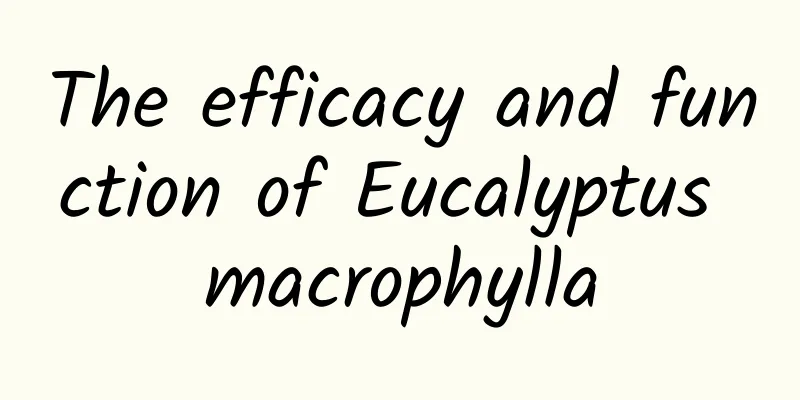
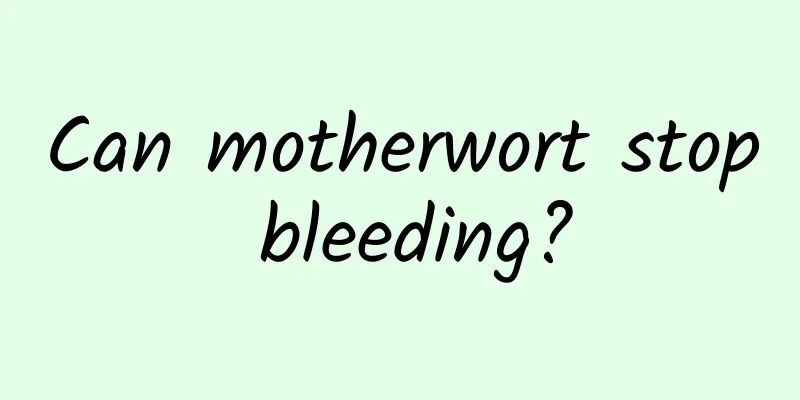

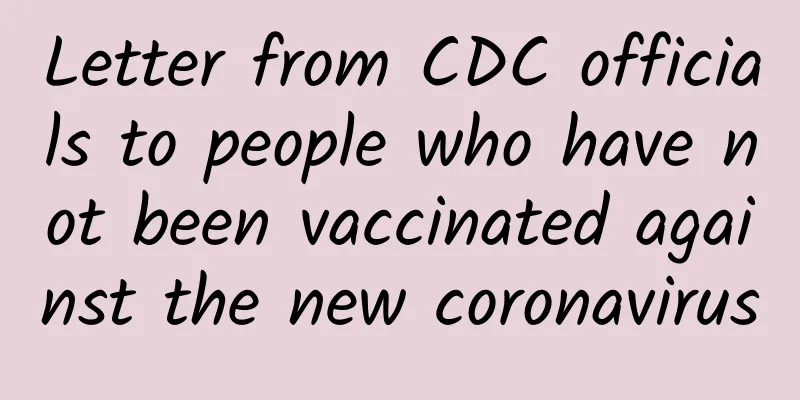
![[Smart Farmers] How to check if fruits are "injured"? Fruit "Doctor" is now online!](/upload/images/67f0a03e2c983.webp)
